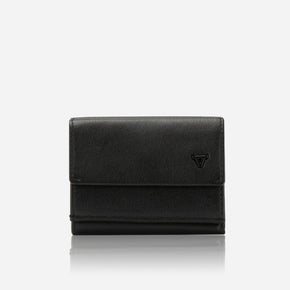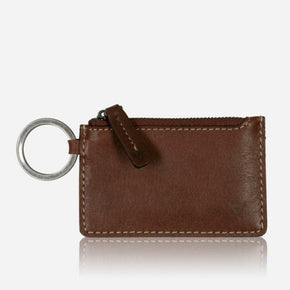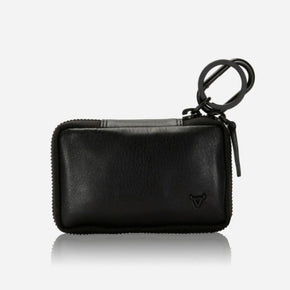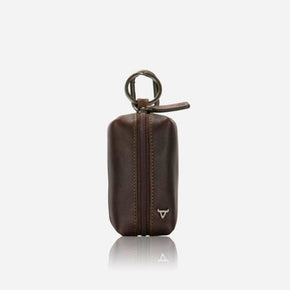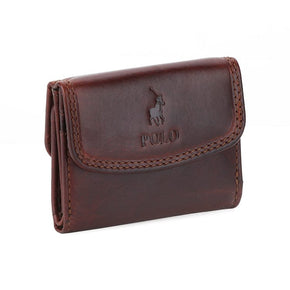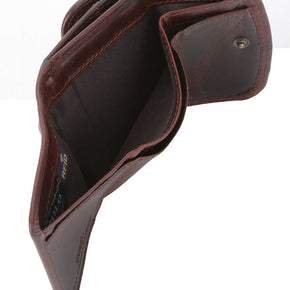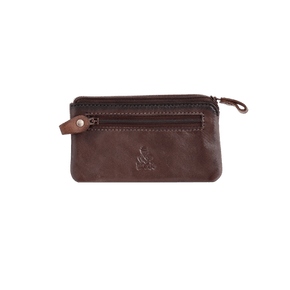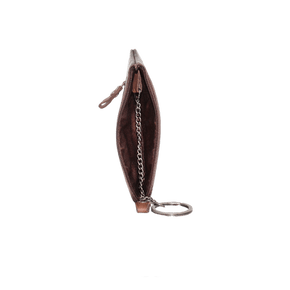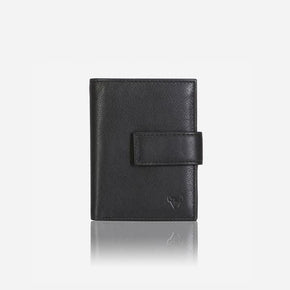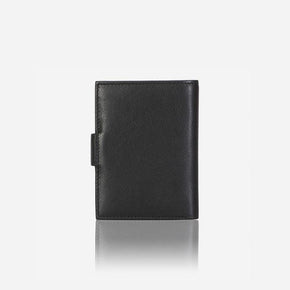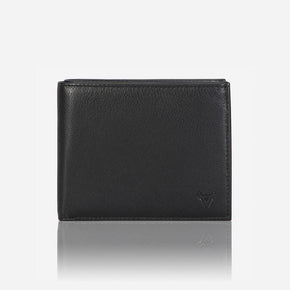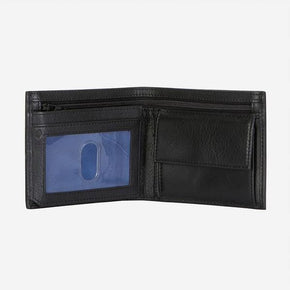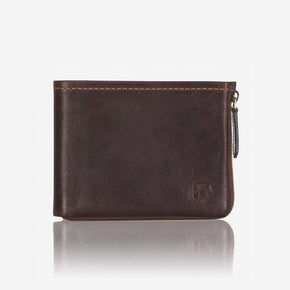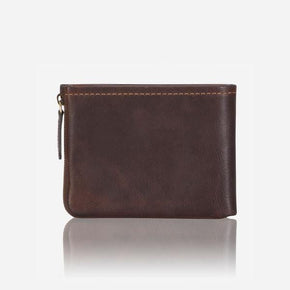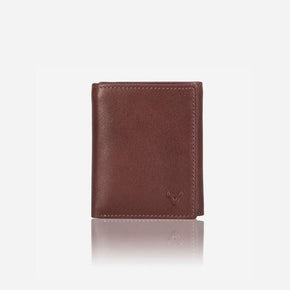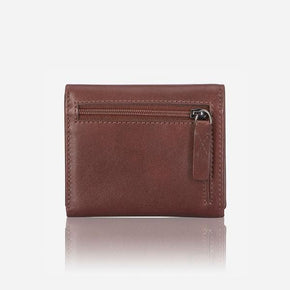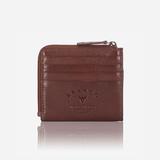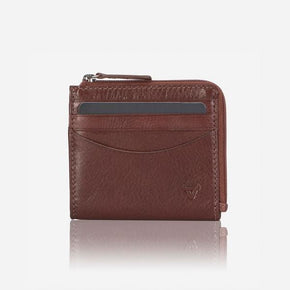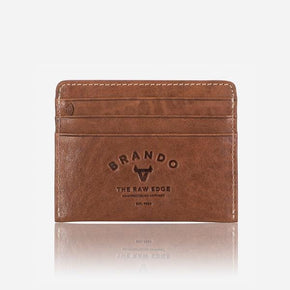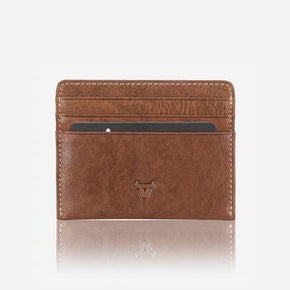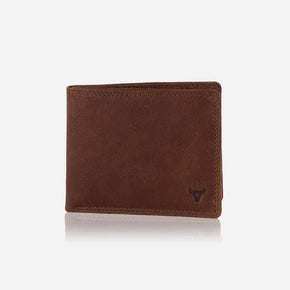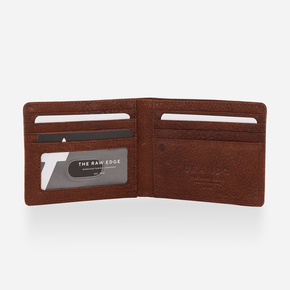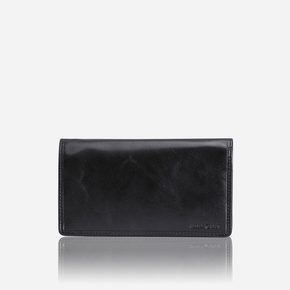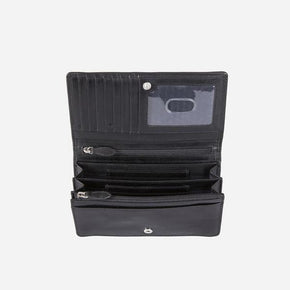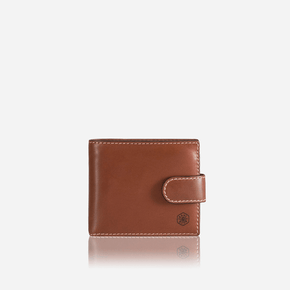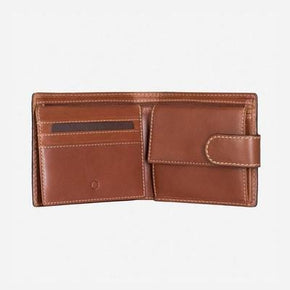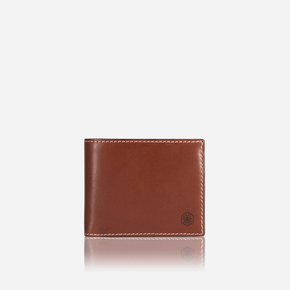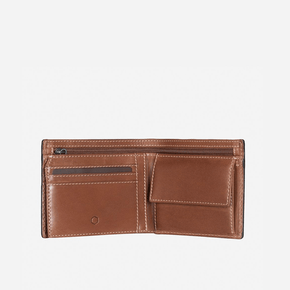- No products in the cart.
Browse Categories
-
Home Appliances
-
Small Appliances
- Audio Visuals
-
Bedlinen & Bathroom
- Decor
-
Dress Fabrics, Haberdashery & Sewing
-
Electronics & Cellphones
- Tech & Gaming
-
Kitchenware & Cleaning
-
Curtaining, Upholstery & Blinds
-
Furniture
- Catering Equipment
-
Fashion
-
Lighting & Hardware
- Solar Solutions
- Luggage & Bags
-
Camping & Outdoor
-
Baby & Toys
- Rugs & Flooring
- Stationery
- Clearance Sales Clearance Sales
- Sort by
- FILTER BY PRICE
-
-
Below $100.00
-
$100.00-199.00
-
$200.00-299.00
-
$300.00-399.00
-
$400.00-499.00
-
Above $500.00
-
- FILTER BY COLOR
-
-
- FILTER BY SIZE
-
-
S
-
M
-
L
-
XL
-
2XL
-
3XL
-
- FILTER BY BRAND
-
-
Adidas
-
Camel
-
Motorola
-
Rolex
-
Samsung Galaxy
-
Seiko
-
Sony
-
Polo New Iconic Travel Purse
R 1,399.00Product Details Seek new horizons with the Polo Iconic Travel Purse as your trusted travel companion. The Iconic range, available in brown and white with a neutral lining, features updated...
Dakar Stone Card Holder DKb1228RBRN
R 379.00Dakar Stone Card Holder DKb1228RBRN
Product Details
Leather
Colour Brown
Dakar Stone Card Holder
Brand Dakar
Dakar Dakota Wallet DKB1003BLK
R 749.00Dakar Dakota Wallet DKB1003BLK
Product Details
Leather
Colour Black
Dakar Dakota
Brand Dakar
Dakar Wave Wallet DKB1108RBRN
R 1,099.00Dakar Wave Wallet DKB1108RBRN
Product Details
Leather
Colour Brown
Dakar Wallet
Brand Dakar
Dakar Dakota Wallet DKB1014BRN
R 799.00Dakar Dakota Wallet DKB1014BRN
Product Details
Leather
Dakar Wallet
Colour Brown
Brand Dakar
Dakar Stone Wallet DKB12111RBRN
R 899.00Dakar Stone Wallet DKB12111RBRN
Product Details
Dakar
Leather
Colour Dark Brown
Brand Dakar
Dakar Stone Wallet DKB1227RBRN
R 999.00Dakar Stone Wallet DKB1227RBRN
Product Details
Dakar
Wallets
Colour Dark Brown
Brand Dakar
Brando Eastwood Leather RFID Card Holder Money Clip Brown
R 669.00Product Details Measurements: 7cm x 9.5cm x 0,2cm Magnetic money clip 3 RFID protected card slots Top open pocket 100% Genuine leather, finely detailed edge stitching. Personalization available MATERIALS Working...
Brando Compact Trifold Leather Wallet Black
R 799.00Opening up to some clever compartments and smart storage options, this classic wallet is made to give you both functionality and a supreme sense of style. MEASUREMENTS & FEATURES Premium...
Brando Wayne Keyring Pouch Brown
R 399.00Unfussy and elegant, with contrasting stitch detail and a rugged appeal, this handy pouch gives you all kinds of options, and puts the fun back into functional. MEASUREMENTS & FEATURES...
Brando Eastwood Keyring Pouch Black
R 649.00An exercise in pure simplicity, this sleek pouch is super practical, but also very striking, so if you want to pull it out of your pocket whenever possible, that’s understandable....
Brando Eastwood Keyring Pouch Brown
R 649.00Super sleek with some gloriously groovy details, you’d be forgiven if you forgot that this pouch is actually very practical, and will likely never leave your side. MEASUREMENTS & FEATURES...
Brando Eastwood Keyring Pouch Brown
R 649.00A striking, stark reminder that dynamite does indeed come in small packages, this pouch fits your pocket perfectly, carrying the keys and cards you need. MEASUREMENTS & FEATURES Premium Genuine...
Polo Kenya Mini Billfold
R 999.00Choose this Mini Billfold wallet for a simplistic, compact design that guarantees practicality and convenience. The Polo Kenya is a stylish brown or black leather wallet with the iconic Polo...
Polo New Iconic Clutch Purse POS432352
R 1,199.00Product Details The new slim Clutch Purse provides 8 card slots, a zip section and 2 photograph windows. The Iconic range, available in brown and white with a neutral lining,...
Dakar Dakota Spray Leather key ring And Change Pouch DKB1010
R 369.00Dakar Dakota Spray Leather key ring And Change Pouch DKB1010
Brando Slim Leather Card Holder Black
R 469.00
BLACK
100% Genuine Leather
Card Holder
10cm x 8cm x 1cm
Closes with a tab
6 credit card slots
Armstrong Leather
Black
Brando Classic Billfold Leather Wallet
R 899.00
BLACK
1 note compartment 1 zip up note compartment ID window Coin pocket 8 credit card slots 2 slide in pockets Width: 12cm (4.7 inches) Height: 9cm (3.5 inches) Depth: 2cm...
Brando Morden Multi Card Leather Zip Wallet Brown
R 1,299.00
BROWN
Billfold wallet Eastwood Brown Uniquely engineered 100% Fine Genuine Leather 12,5cm x 9,5cm x 2cm Two third zip around 7 RFID card slots 2 ID windows Large coin pocket Two...
Brando Compact Upright Trifold Leather Wallet Brown
R 575.00
BROWN
10cm x 8cm x 1cm
Closes with a stud
9 credit card slots
Outside zipper coin pocket
One note compartment
Dakota Leather
Brown
Brando Slimline Zip Card Leather Wallet Brown
R 520.00
BROWN
Slimline zip around card wallet Store both notes and coins as well as all your cards 11cm x 10cm x 1cm 4 card slots on each side (8 in total)...
Brando Vintage Leather Card Holder Tan
R 549.00
TAN
Slim and compact
RFID Lining
Vintage Leather
middle note compartment.
11cm x 8cm x 0,5 cm
6 card slots
Brando Slim Traditional Billfold Tan
R 669.00
TAN
Details:
11cm x 8.5cm x 1cm
ID / Contactless Card Window,
RFID Protected,
10 card slots,
2 note compartments,
Fine edge stitching,
Inner back suede lining
Genuine leather
Jekyll & Hide Oxford Leather Purse Eco Black
R 1,799.00
Oxford
Black
5871 OXBL
Genuine leather
16 Card Slots
RFID
3 Zip Pockets
Jekyll & Hide Texas leather Wallet Clay
R 1,299.00
Clay
6353 TECL
Genuine Leather
Texas
10 Card Slots
Id Window
RFID
Coin Pocket
Jekyll & Hide Texas Leather Wallet Clay
R 1,299.00
Clay
1951 TECL
10 Card Slots
Id Window
RFID
Coin Pocket
Quality Wallets for Sale Online
Shop our range of wallets for sale at MHC World. Buy online and receive free delivery over R3500 & within a 30km radius from our store.
Apart from our wallets for sale, we also offer backpacks, hand bags and purses
What Are Wallets Used for
We all need money (whether in note, coin, or card-form) to get though a day, which means we have to carry it in some kind of wallet.
Wallets have changed a lot since they were first made. They are an important part of our lives today, and they keep changing to meet our needs.
Wallets Through the Ages
People used pouches or bags to carry their money in the past. Most of the time, these bags were made of leather or fabric, and they usually had a drawstring or a buckle to close them.
Wallets got fancier during the Middle Ages. Often, they were made of fine materials like silk or satin, and they had embroidery or metalwork on them. During this time, wallets also got more specialised. There were wallets that held coins, wallets that held papers, and wallets that held jewellery.
In the 1800s, wallets were most of the time made of leather and had a few places to put change, bills, and cards. During this time, wallets also got cheaper, making them more available to people from all walks of life.
Wallets kept getting better and better in the 20th century. They got smaller and lighter, and more materials, like plastic, nylon, and fabric, were used to make them.
Now, there are more kinds of wallets than ever before. There are wallets for every need and price range. There's a wallet for everyone, whether you want a classic folding wallet or a high-tech wallet that blocks Radio Frequency Identification (RFID) chips.
Different Types and Styles of Wallets
Here are some of the most popular types of wallets for sale that you can buy to hold your cash and coins:
· The Bifold Wallet: The most common kind of wallet is one that folds in half. Typically, bifold wallets have two pockets for bills and one or two pockets for coins.
· Three-fold wallets: A trifold wallet is like a bifold wallet, but it has three places for bills instead of two.
· Cardholder: A cardholder is a small wallet that is meant to hold only credit cards and ID. Cardholders are usually made of leather or cloth.
· Money clip: A money clip is a small clip made of metal that holds cash.
· Coin purse: A coin purse is a small, fabric pouch that is used to hold change.
· Travel wallet: A travel wallet is a bigger wallet that is made to hold all of your trip necessities, like your passport, boarding pass, and credit cards.
What Makes for a Good Quality Wallet
When picking a wallet, both how it works and how long it will last are important. You don't want to be stuck with a high-quality wallet that doesn't help you with your everyday needs for a long time.
Slimmer, more simple-looking wallets are all the rage right now, but they have a lot of drawbacks and don't hold much. Look at the one you already have and count how many cards, bills, and other things you carry every day. If you are a minimalist and only carry a few things, you will choose a different wallet (like a card holder) than someone who takes a lot of these things.
Most folding wallets can hold 6–8 cards and a good amount of cash. A travel wallet should have room for your passport and boarding pass and be able to hold major foreign currencies. In the same way, zip wallets have a special zip closing to keep your valuables safe.
A wallet's size relies on how much you want to put in it. If your wallet isn't well-made and has extra pockets and layers of leather that you don't need, it might be big without adding much room.
How you carry your wallet is also important. If you usually keep your wallet in the front pocket of your pants or on your chest, you might want to look at wallets that are smaller than bifold or trifold wallets.
If you keep your wallet in the back pocket of your jeans like most people do, most folded wallets will work.
Poor craftsmanship can fully overshadow a good design and high quality leather. A good craftsman can make something look good and last a long time, so this is an important thing to think about when looking for the right wallet.
There are two ways to tell how well-made a leather wallet is:
· First, look at where the goods are made. When it comes to doing a simple job, cultural traits mean a lot. People in south Asia have been making things out of leather for thousands of years, so they have a lot of skill in this area. The habit of doing things right to the core, attention to detail, and dedication to their art is something that has been passed from generation to generation.
· Second, look at the product itself and pay attention to the sewing, corner bends, internal pockets, and other secret places where a bad craftsperson might not pay attention to the details. As they say, the devil is in the details; a perfectly good looking wallet might have major craftsmanship issues when looked at closely.
Because the things we need to do every day are always changing, so must our wallets.
Before, magnetic strips were used on credit cards to make tap transactions at checkout. Now, purchases don't need to touch because the cards have RFID chips. On the other hand, RFID cards can be scanned (hacked) without permission.
Your new wallet should have at least one RFID-protected pocket. RFID blocking wallets stop all radio waves and electromagnetic waves from getting into your wallet and reading the confidential information on your cards.
How to Choose Wallets
Before you buy your next leather wallet, you should think about the following things:
· The way it looks and how much it can hold should meet your everyday carry needs.
· You should be able to fit your wallet in your pocket or in your hand, depending on how big it is.
· The quality of the work should be good.
· If you have contactless cards, the wallet should guard against RFID.
· Llook at any specific features you want, like a special pocket for your passport if you're buying a trip wallet, a phone pocket if you want a long wallet, and a coin pocket if you carry a lot of coins.
Best Brands of Wallets Available on MHC
At MHC World you’ll find the best branded wallets for sale, Polo, Jekyll & Hide, Dakar, and Brando brands of wallets.














